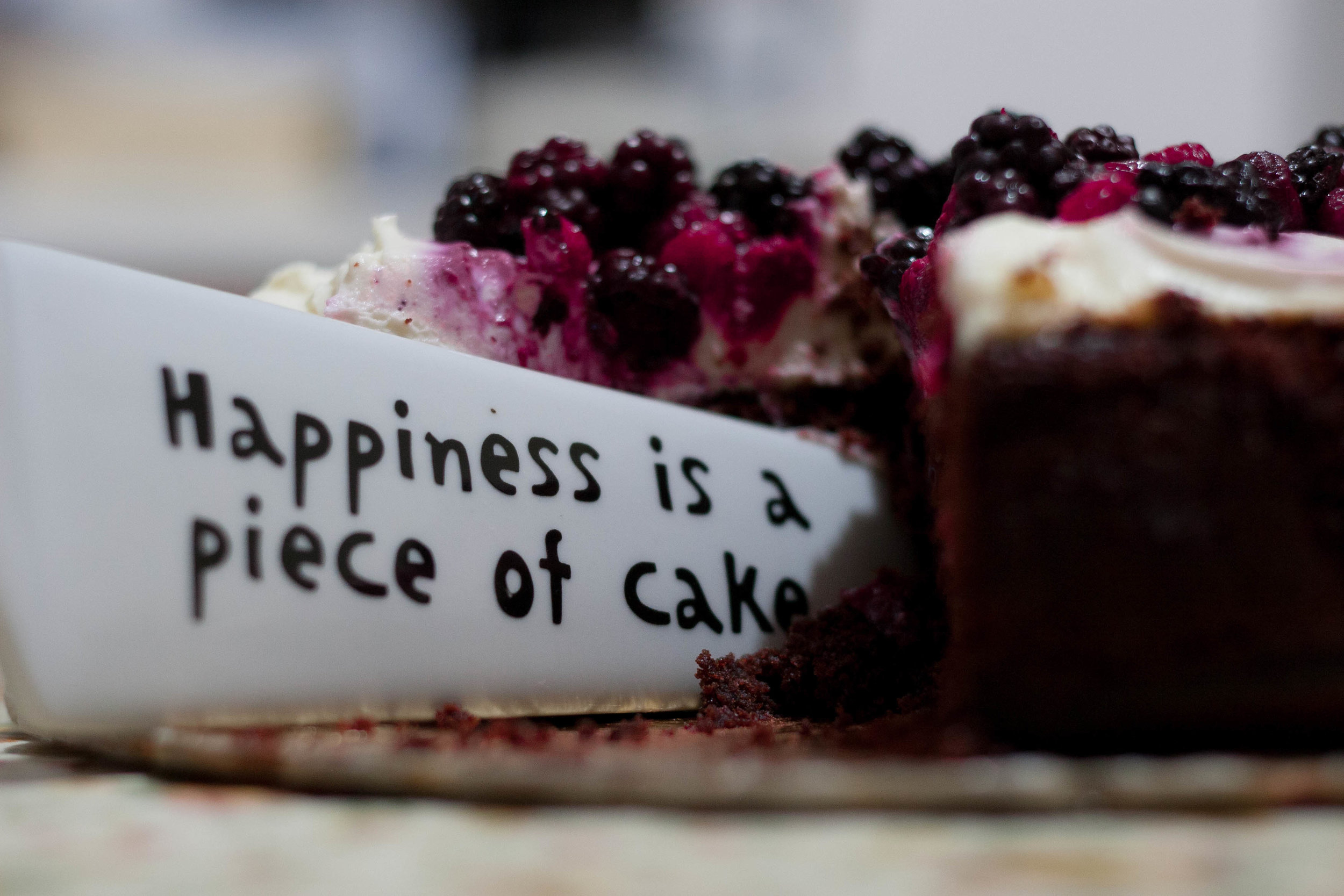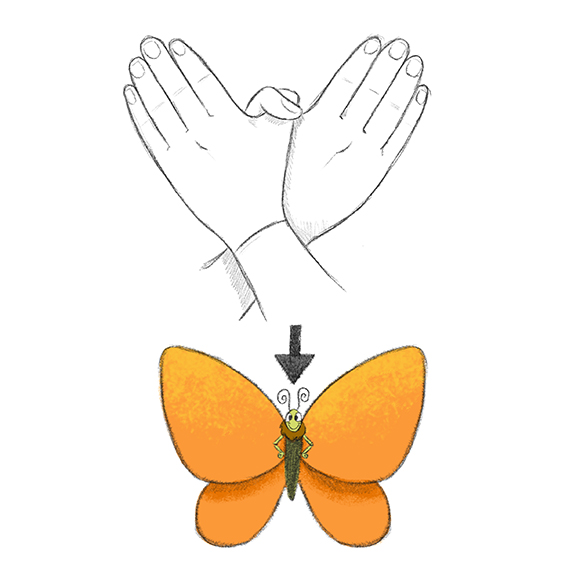Exposure therapy can be very effective when done in a way that gives a sense of empowerment and helps people defeat their fears. If you have a client who has avoided eating normal meals or meals out at restaurants, challenge meals can be a great intervention for them.
Assessment
Challenge meals are something that I usually suggest to a client after we’ve been working together for a while. We’ve sat in the therapy room a number of times and I’ve built a therapeutic alliance with them. I assess for their fear foods. I find out what their “red” foods are – their biggest fear foods, their “yellow” foods are foods that are moderately anxiety provoking and their “green” foods – ones they eat regularly and don’t usually feel guilty about. They’ve relayed their goals, their history and are comfortable in the room with me. Once this stage has been set, we begin working towards their goals. Often times, their goals include a desire to normalize their eating habits or to be able to eat in social situations without sinking into extreme guilt afterward. When I see that the client is motivated and willing to take some risk in order to accomplish their goals, I present the idea of a challenge meal to them. I let them know that sometimes I go out to eat with my clients in order to help them find normalcy around food and restaurants. I ask if this is something they might be interested in trying. If fear, other types of resistance or hesitancy comes up, we process that. I may use Motivational Interviewing techniques in order to help them find benefit in pushing themselves towards their goal.
Preparation
Once the client has agreed to a challenge meal, I start with the easiest scenario first. We start with green level foods and see if we can make a “normal” meal out of them. So for example, if they’re regularly eating tuna fish, but eat it with vinegar instead of mayonnaise, and with vegetables instead of bread, we see if we can create something a bit more normal and a bit more challenging. So I might suggest tuna with mayo on bread or if bread is too scary, perhaps we’d start with a cracker or tortilla. During the preparation phase, I negotiate with the client and their eating disorder on what would be challenging yet doable.
The goal is for the client to feel successful so that they desire to try again. It’s like learning to lift weights at the gym, we start with lighter, easier weights until our body gets used to it and builds up to the heftier weights. The first few challenge meals may be done in the office and the client may bring the food or the therapist may bring the food.
Restaurants
When the client is ready to eat at a restaurant, we prepare by negotiating where they want to eat. We also decide what we will say if we bump into anyone we know in order to keep their confidentiality. Sometimes we agree to say we know each other from school or a friend or sometimes a parent’s friend. I am very careful to speak quietly and refrain from any intervention when others’ could overhear. I usually ask them if there’s a restaurant they’ve been wanting to try or if there’s a type of food they’d like to get support around. Once we pick the restaurant, then we look at the menu. When eating a challenge meal in a restaurant, depending on that particular client, we may decide what they will be ordering before we go to the restaurant or we might negotiate once we get there. Depending on what would most ease the clients’ anxiety, we may do this right before going to the restaurant or the week before. I wouldn’t want them to fret all week about what they’ll be eating, but sometimes it helps ease anxiety to get used to the idea and sit on it for a week. Timing of this is at your and your clients’ discretion.
Beginning the meal
If the challenge meal is in the office, begin the meal as soon as possible in order to leave the most time afterward to digest and process and reduce the risk and desire for a purge. The client can use the bathroom before the meal begins so that they won’t need to use it for at least an hour after the meal.
Ordering from a menu
If the food needs to be ordered in a restaurant, help the client decide what to order, ask if they’d like an appetizer or a side dish and assure them they will only need to eat an appropriate amount. So if they get an appetizer and a main course, they might only eat half of each, depending on their satiety cues. Eating a variety of foods is good practice to combat ED. If they’re getting overwhelmed by the menu, help them to narrow it down by quietly reminding them of the original goal they had in mind. For example, “well, when you chose this restaurant, you wanted pizza, so let’s stick with that – and you can get a vegetable to go with it and that will provide all the food groups: starch, fat, protein and veg. So which type of pizza looks or sounds the most appetizing to you right now?” This way they still have choice, but the overwhelming choices are paired down for them. Pay attention to what they’re ordering to make sure it’s an appropriate meal. If they’re ordering an appetizer only, be sure it includes all the food groups and possibly suggest they order 2 appetizers or have a roll with their appetizer to supplement their meal or they may just need an entre. Salads are usually not an appropriate challenge meal, but a salad with a challenging appetizer may make sense. Diet foods are not appropriate for challenge meals, so eliminate any diet drinks or egg whites, protein bars, etc. Make sure the food YOU order is also not triggering to your client. They are watching you. If you order the same meal as them, it may make things easier on them. When they have progressed further along, this may become part of the challenge – to tolerate your food item while they eat theirs.
Hunger signals
Set the stage for the meal by activating the body signals that have been shut off for so long. Ask the client on a scale of 0-10 with 0 being supremely starving and 10 being so stuffed they feel sick and unable to move – the most full they’ve ever felt in their life – what number are they at right now? You can use a hunger cue card like the one shown here.
Identify their hunger signal and yours and if you’re in a group, have each member identify how hungry they are both emotionally and physically.
Meal guidelines
The actual process of a challenge meal should not be emotionally heavy or food focused. Try to steer the conversation away from inspecting or commenting on the food or body or fullness. Instead, talk about lighter appropriate topics like the weather, the atmosphere in the room, how their day was, sports – a movie or TV show. In a group, playing a game can be very helpful. Some favorites are “contact” or thinking up famous peoples’ names in alphabetical order.
Eating the meal should not take more than 30 minutes. Sometimes clients will try to cut food into tiny pieces or take very small bites or eat very slowly. This will require an intervening prompt from you. Something like “please take normal bites” or “that’s cut small enough, let’s start the meal now” or “we’ve got 15 minutes left, please keep up the pace so we can finish the meal on time” are some prompts you might use. It is our job to help them contain and combat their ED voice. We state the prompt clearly, yet quietly so others’ don’t over-hear and we say it neutrally and without judgment. If they’re still playing with their food and interventions aren’t working, I usually just let it be rather than getting into a struggle with them in public and process what happened later.
If they’re getting an especially challenging meal and they’re anxious about it, I will suggest they can cut their meal in half and just start with the first half. After the first half, we can check into hunger cues and see how they are with continuing. I often tell clients that I believe it is more important that they feel successful in eating a challenge meal, but perhaps less of it, than eating too much and feeling overly full and triggered to purge. This is true in an outpatient therapy setting. Residential or partial hospitalization has more containment and ability to monitor clients after the meal, so that’s a different story. But for my purposes, I don’t believe feeling overly full is in the client’s best interest.
After the meal
Once the meal is complete, be sure to sit at the table for a while and discourage any bathroom use. You can ask them how their meal was and how they feel emotionally. Ask what the experience was like and if they’d get the same meal next time or if there’s something else they might like to try next time. Focus on their success and offer any authentic praise for challenging themselves and their ED. If they have some regret or guilt, help give them the words to combat the guilt internally. Something like: “This is one meal, it was enjoyable and my body knows how to process it.” Or “I’m defeating ED one meal at a time. I need food to nourish my body. I am proud of myself for standing up to ED.” Another favorite “this is what normal looks like. People go out to eat and enjoy food and they’re okay so I can be okay too.”
The more exposure, the more the client will get used to eating food and eating it in challenging settings. This helps lay the foundation for less social isolation and more ability to tolerate food and restaurants. Really and truly, one meal at a time really does make a difference. Supporting a client through a challenge meal shows them that they are capable and gives them a successful experience to remember when they’re ready to try it on their own.
What have been your experiences with challenge meals? Comment below.
If you want to learn more about challenge meals, I’d be happy to help. Contact me at 610.314.8402 or TiffanySpilove@yahoo.com
Please comment below and tell us your story!
































